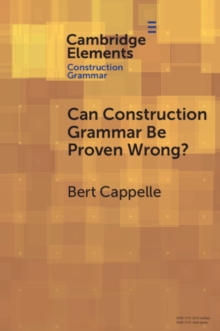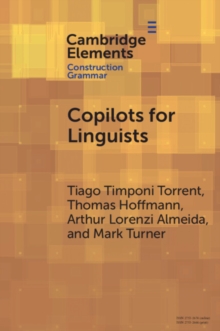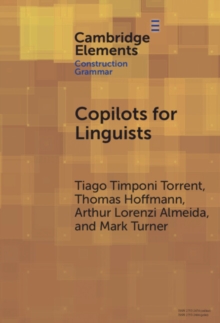
Can Construction Grammar Be Proven Wrong? PDF
by Bert (Universite de Lille and Centre National de la Recherche Scientifique (CNRS), Paris) Cappelle
Part of the Elements in Construction Grammar series
Description
Construction Grammar has gained prominence in linguistics, owing its popularity to its inclusive approach that considers language units of varying sizes and generality as potential constructions – mentally stored form-function units.
This Element serves as a cautionary note against complacency and dogmatism.
It emphasizes the enduring importance of falsifiability as a criterion for scientific hypotheses and theories.
Can every postulated construction, in principle, be empirically demonstrated not to exist?
As a case study, the author examines the schematic English transitive verb-particle construction, which defies experimental verification.
He argues that we can still reject its non-existence using sound linguistic reasoning.
But beyond individual constructions, what could be a crucial test for Construction Grammar itself, one that would falsify it as a theory?
In making a proposal for such a test, designed to prove that speakers also exhibit pure-form knowledge, this Element contributes to ongoing discussions about Construction Grammar's theoretical foundations.
Information
-
Download - Immediately Available
- Format:PDF
- Pages:Worked examples or Exercises
- Publisher:Cambridge University Press
- Publication Date:24/01/2024
- Category:
- ISBN:9781009343176
Information
-
Download - Immediately Available
- Format:PDF
- Pages:Worked examples or Exercises
- Publisher:Cambridge University Press
- Publication Date:24/01/2024
- Category:
- ISBN:9781009343176










